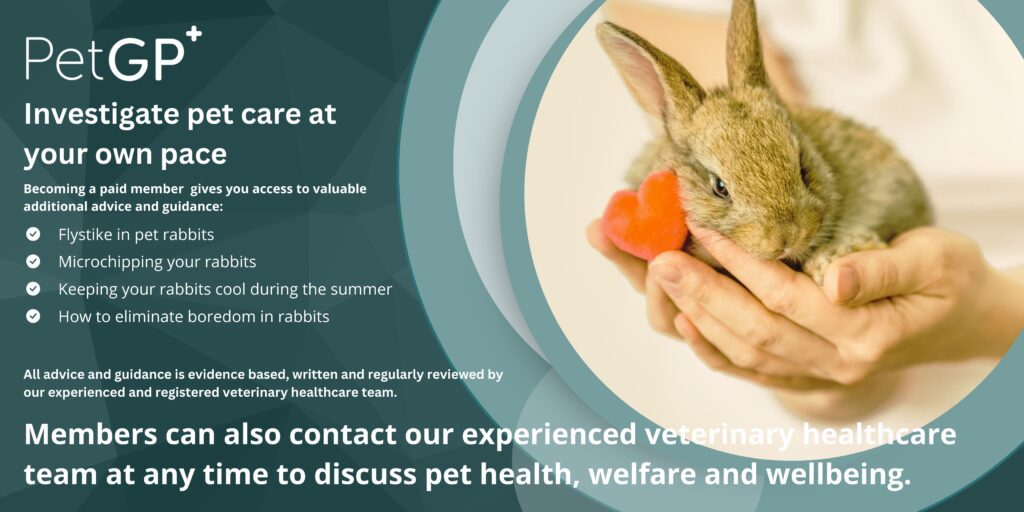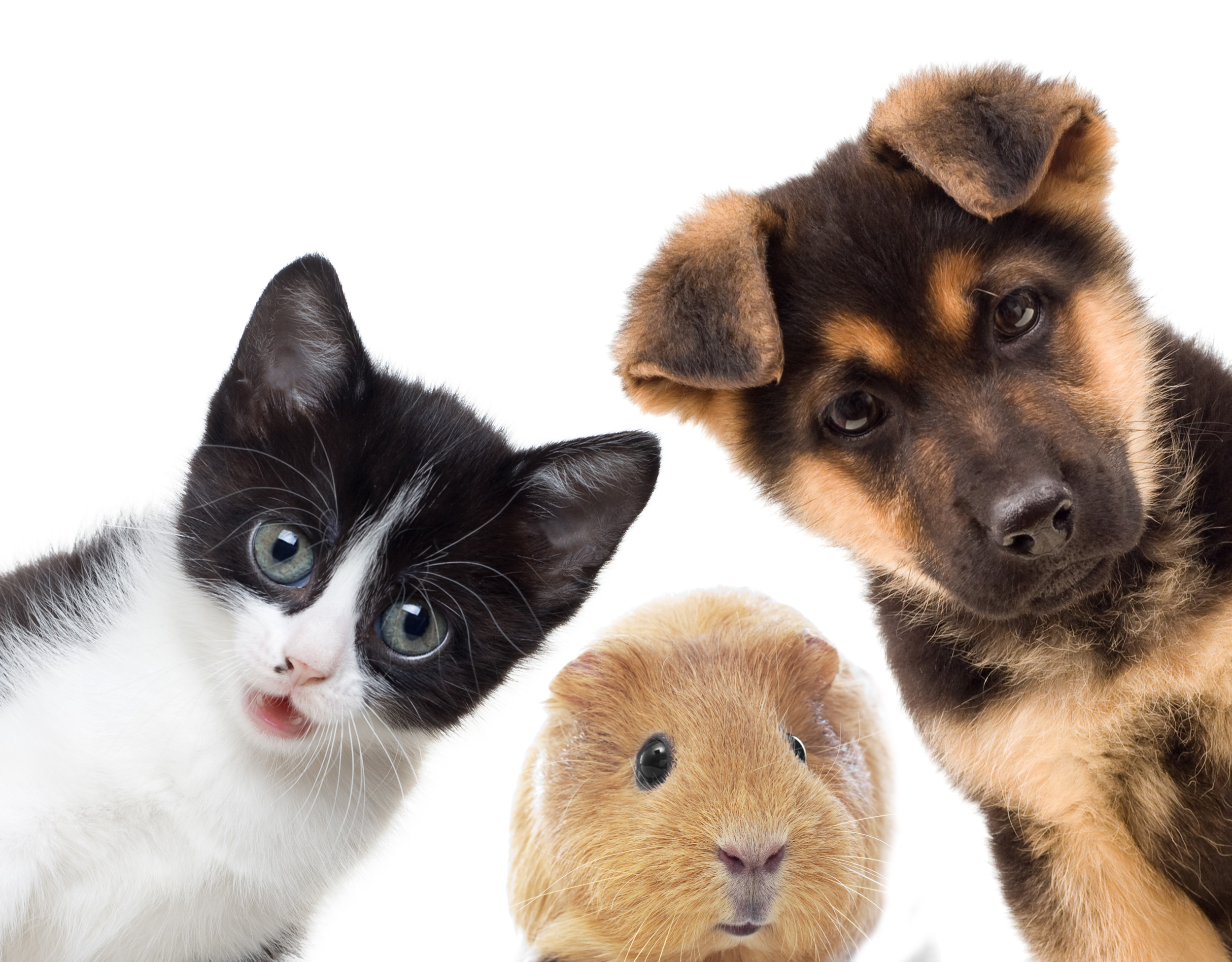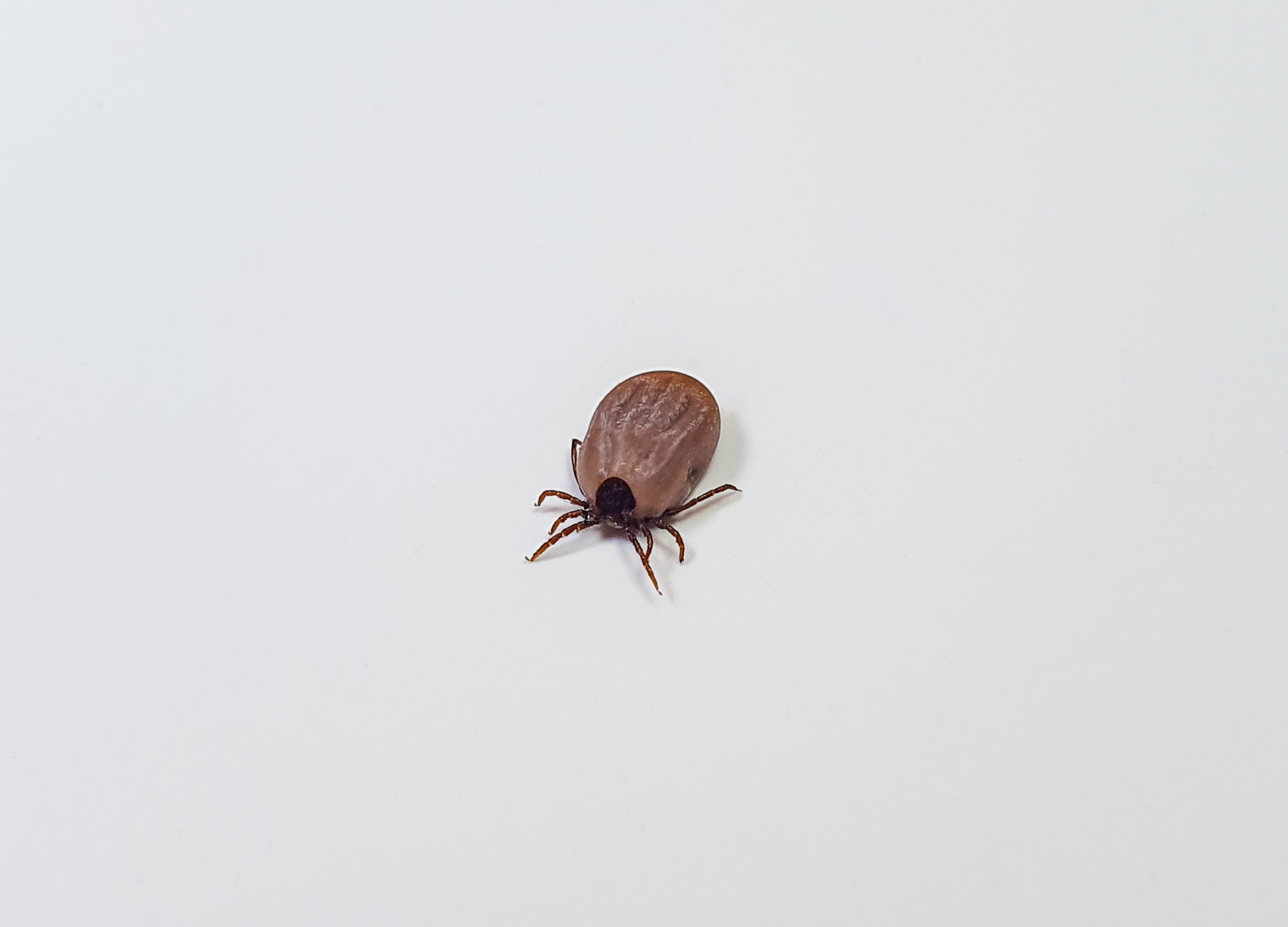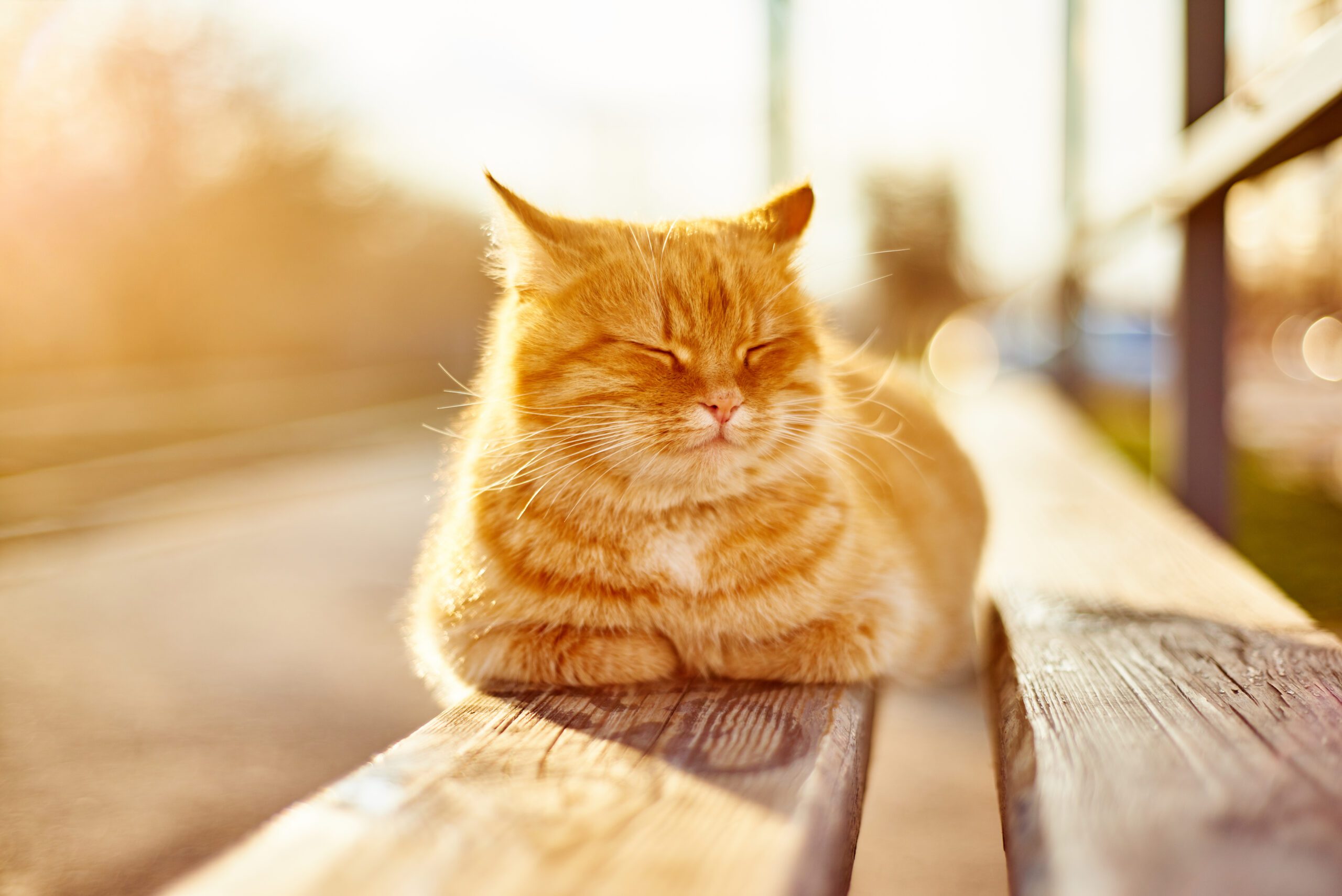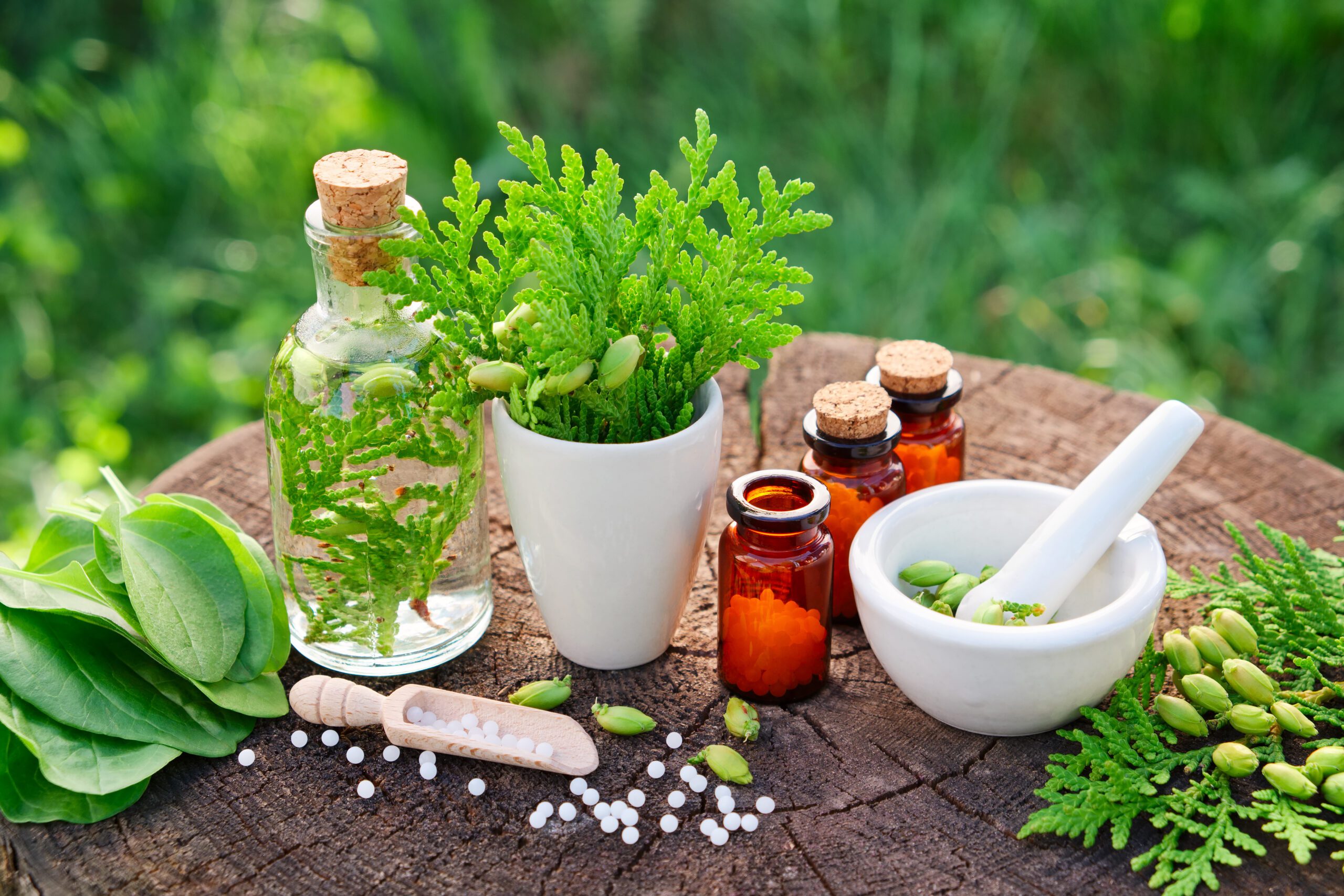How do I keep my rabbits healthy?
Here are some key areas to help you promote good health. Keeping rabbits healthy ensures you have a happy life together.
Pre-purchase considerations:
When looking to buy or rehome rabbits, always visit the store, breeder or rescue centre before you buy. Check their housing and cleanliness and whether they all look healthy. Consider whether the type of rabbit you are looking at may have any health risks.
Long or fluffy coated breeds, like the Angora and Cashmere Lop, will need lots of grooming, as they matt easily. Flatter faced breeds, like Netherland Dwarfs and some Lop breeds, have a higher risk of dental problems. All lop breeds have a higher risk of ear problems.
Checking the head shape, coat length and ear position of prospective new rabbits can highlight possible future health problems. However, with a good diet, extra grooming and ear checking and cleaning, these problems may be avoided.
Companionship
Rabbits are highly social animals, who benefit from the company of their own kind. It is recommended to keep rabbits in neutered pairs or compatible groups.
Nutrition:
Correct nutrition is essential for keeping your rabbits healthy. Rabbits are designed to eat large amounts of fibrous foods that are low in nutrients. The fibre wears the teeth down and helps prevents dental disease. Fibre also stimulates gut movement and provides a raft for the gut flora to inhabit. The gut flora of the rabbit helps digest food and produces some the nutrients that the rabbit needs. The gut flora cannot adapt quickly, so it is important to keep your rabbits’ diet consistent with no rapid changes, or diarrhoea and illness will result.
The ideal rabbit diet consists of 85% fibre (hay or grass), 10% fresh green veggies and a maximum of 5% pelleted food.
Roots, fruits and human food should not be fed. These have high levels of nutrients that can cause obesity, loose stools and adverse changes to the gut flora.
Environment and exercise:
Having enough space available all the time to exercise, forage, play is essential for your rabbits health and welfare. Rabbits also need the company of other rabbits for their physical and mental health. They also need mental stimulation. A companion, scattered forage, tunnels, hidey holes and raised platforms, toys and interaction are all essential for your rabbits’ wellbeing.
Vaccination:
Yearly vaccinations should be given to protect against Myxomatosis and Rabbit Haemorrhagic Disease. Neither of these diseases can be cured and they cause severe signs, often proving fatal.
Vaccination is yearly and protects against Myxomatosis and both strains of RHD. All three rabbit vaccines are given in one single injection every year.
Veterinary healthcare:
The yearly vaccination appointment includes a general check over, checking the whole rabbit, including the teeth. Rabbits’ teeth grow all the time and need wearing down by gnawing and chewing. Your vet will check that all the teeth are wearing normally and advise you on any necessary treatment.
Rabbits are very good at hiding signs of illness until they cannot hide them anymore. If a rabbit looks unwell, it is likely very poorly. If you have any concerns about your rabbits, then a prompt vet check is advised. Health insurance for rabbits is widely available. This will ease the concern about paying vet bills should your rabbits become unwell.
Parasite prevention:
Rabbits do sometimes pick up fleas, lice and ticks from other pets or wildlife. If you suspect any of these, talk to your vet about rabbit safe treatments. The main internal rabbit parasite concerns are Encephalitozoon cuniculi and flystrike.
E. cuniculi is a protozoan that affects the nervous system and the urinary tract. Most rabbits fight off this common parasite and are then immune to it. An affected rabbit may show signs such as a head tilt or hind limb weakness. There is no cure, but treatment can reduce the signs. Keeping the environment clean, using rabbit safe disinfectants, and treating new rabbits can all help reduce the risk of spread.
Flystrike is when flies lay their eggs on dirty or wet fur on the rabbit. After hatching, the maggots burrow into the rabbit’s tissue, producing toxins. Almost half of affected rabbits die. Prevention is by treating the condition that is causing the wet, dirty patches. You can also use preventive treatments and it is vital to check your rabbits twice-daily. If you find maggots on your rabbits, then emergency veterinary treatment is needed.
Neutering:
Ideally carried out at between 4-5 months old, this is castration in the male and spaying in the female. Neutering can be done at any age but is simpler when the rabbit is younger and has less bodyfat. Neutering allows rabbits to live together without breeding, with less risk of fighting and no risk of uterine or testicular tumours. Speak to your vet for more advice.
Microchipping:
Microchipping your rabbits is advisable, especially if they are given access to your garden. Rabbits are very good at finding escape holes (or digging them) and can get a long way from home quite quickly. If found and taken to a vet, the microchip will allow the vet to access your details quickly. Contact your vet if you would like your rabbits microchipped.
Preventive care:
Doing daily health checks is the best way of checking your rabbits’ health and of catching any changes early. Claw clipping and grooming will also make up a part of your rabbits’ healthcare routine. Regular handling also allows you to appreciate changes in body condition and demeanour of your pets.
Every day (twice daily in the summer flystrike season):
- Check that the coat and bottom are clean, under the chin is not wet from drooling, and that there are no wounds on your rabbits.
- Check your rabbits are bright, moving freely, and interacting normally.
- Check in the toileting area for the number and texture of pellets, the presence and appearance of the urine.
- Check whether the offered food is being eaten as normal and not just covered over.
- The amount of water being drunk can be gauged by the emptiness of the bottle.
Knowing your rabbits’ daily habits allows you to spot changes quickly and contact your vet quickly if there are concerns.
Adult and senior care:
Feeding a low-nutrient, high-fibre diet will help reduce the risk of dental disease, intestinal problems and urinary conditions. Overweight adult rabbits have an increased risk of many health conditions, so you need to adjust your feeding to keep your rabbits at the correct bodyweight.
As rabbits get older, they are more likely to develop osteoarthritis and kidney, liver or heart disease. The incidence of cancers and respiratory disease also increases with age. If your daily health check reveals symptoms of disease of any sort, then a prompt vet check is needed.
To keep your rabbits as healthy as possible, they will need:
- Companionship
- The correct environment to live in
- A mentally stimulating and species appropriate environment
- Good nutrition
- Regular owner health checks, and preventative care
- Prompt veterinary care when needed.
Getting these right can help prevent many of the conditions and diseases we see in rabbits today.
